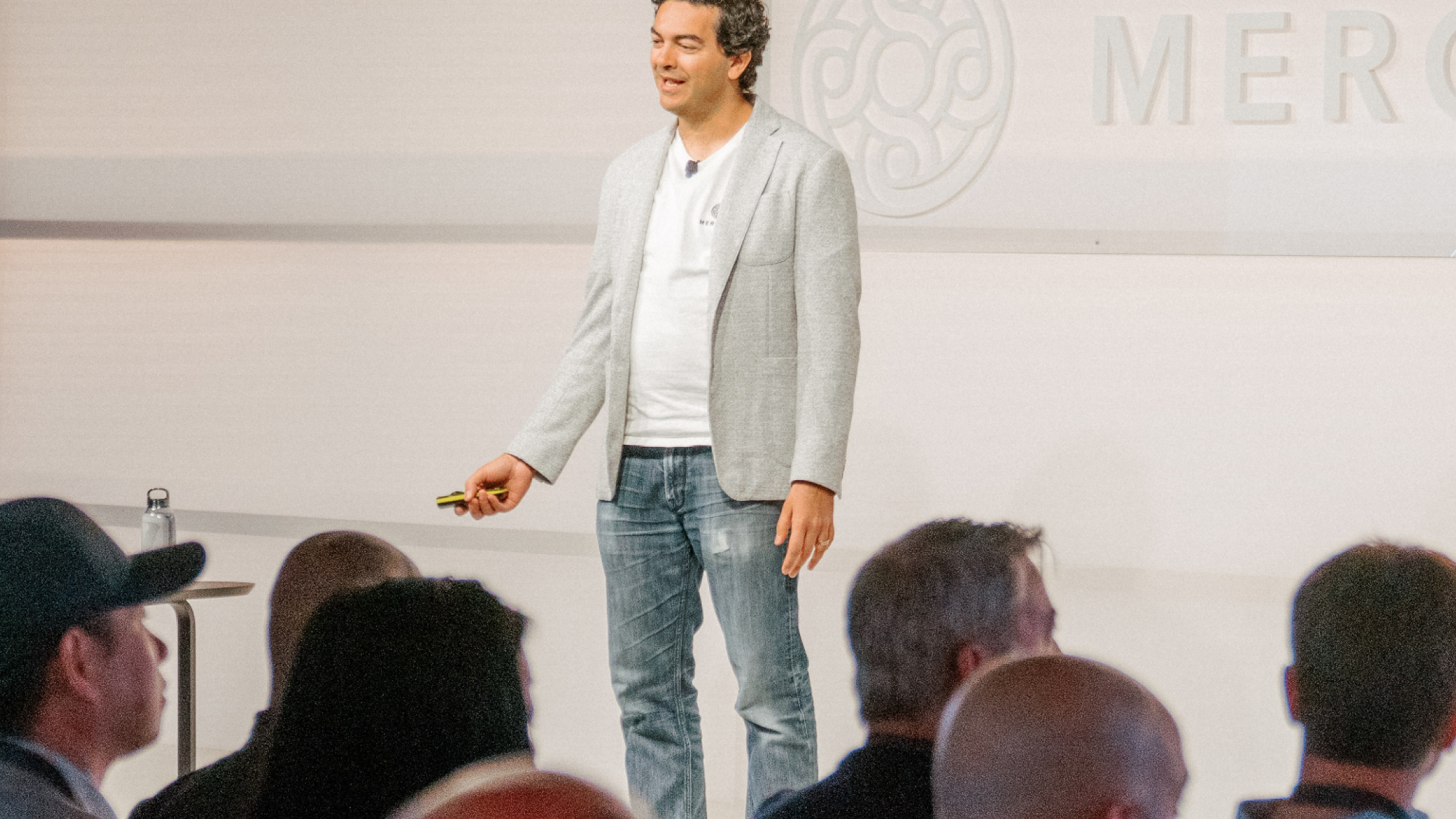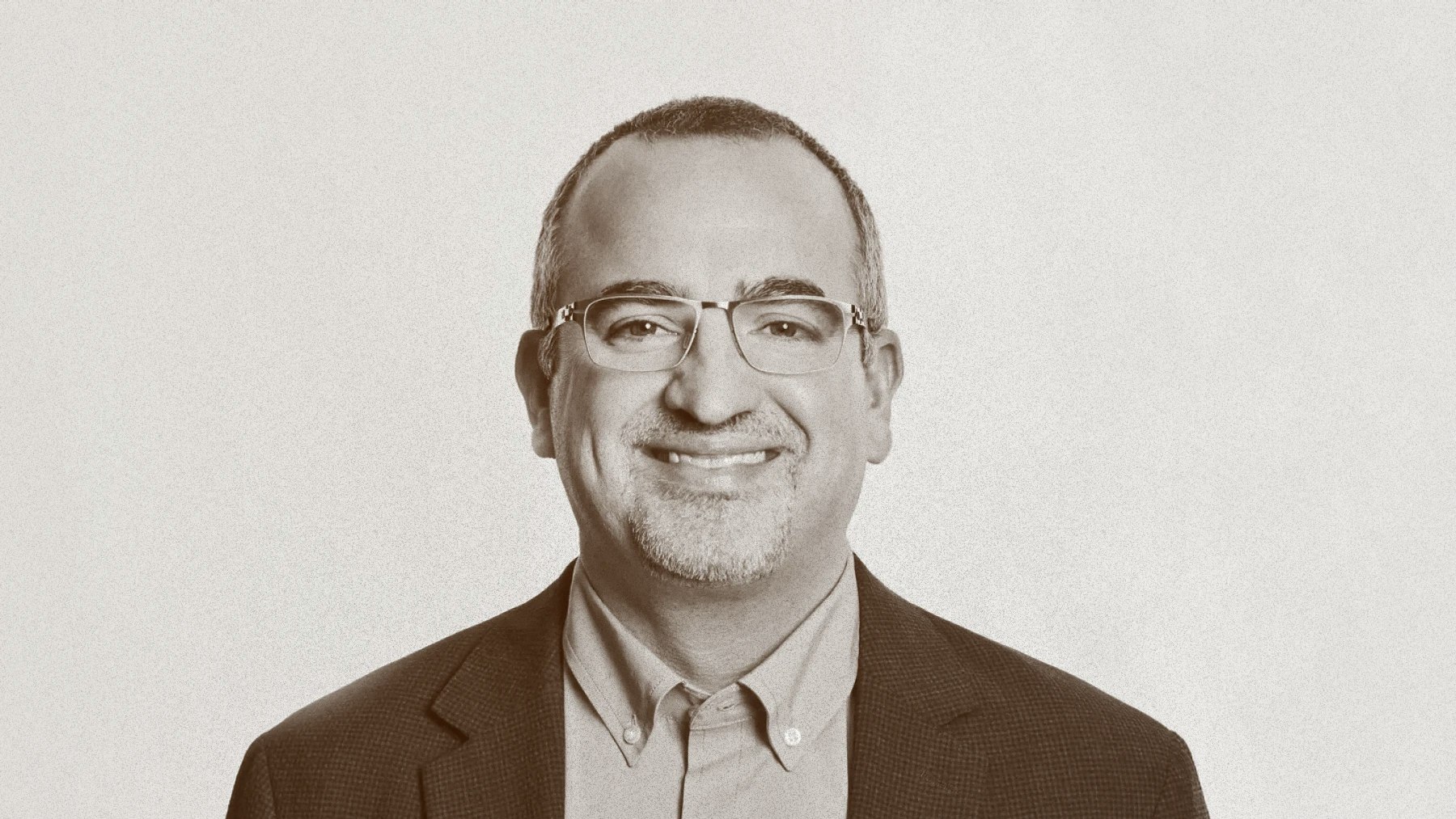Taking products from functional to essential

At Mercury Spheres, founders came together to explore what makes a product not just usable, but essential. Moderated by Malthe Sigurdsson (Head of Craft at Stripe), this session featured three founders from very different industries:
- Alicia Scott, founder of Range Beauty, a makeup brand for sensitive skin
- Keith Peiris, founder of Light Field, an AI-native CRM for small businesses
- Paul Lambert, founder of Quilt, a design-forward heat pump company
Though their companies range from consumer goods to hard tech, each founder shared a common goal: building something users need, not just something they use.
Great design eliminates friction
“Good design starts with really understanding what problem you’re trying to solve,” said Paul Lambert. When something is well-designed, “you don’t realize it’s well-designed because it’s not intrusive.”
That sentiment resonated with the panel. Alicia Scott pointed out that design isn’t just about form — it’s about eliminating painful trade-offs. Her brand was designed to cater to individuals with eczema and acne who still crave the self-expression and confidence that makeup can offer.
“We wanted to create makeup so you had that self-expression without having to sacrifice your skin health,” Scott said. “When a consumer no longer has to make that decision, I think it makes that product more essential to their daily life.”
Keith Peiris added that great design is more than functional — it’s emotional. “You could argue that PG&E helps me create outcomes that matter to me, but I certainly don’t enjoy the process of getting there.”
What this means for founders
Great design begins with identifying and addressing real user pain, especially the trade-offs they’ve had to make. When design feels invisible but deeply intentional, it goes beyond functional and becomes unforgettable. Utility may get you in the door, but emotional resonance is what makes a product essential.
Essential products build trust through community
Scott described Range Beauty’s community as foundational, not a marketing layer. From packaging to formulation, she involved her audience in nearly every product decision.
“You’re not just pushing a product out. You’re now making [customers] feel represented and seen. They’re part of a community,” she said.
By focusing on historically overlooked groups, Scott turned her brand into more than just makeup — it became a cultural signal and a safe space.
What this means for founders
Community is more than a nice-to-have; it can become a durable competitive advantage. Founders who build with users early and often tend to create products that feel personal, not transactional. Prioritizing inclusion and belonging is core to building something people are proud to be part of.
Watch the full session:
Innovation thrives in overlooked industries
Heat pumps, skincare, CRMs…these are not new categories. But as Sigurdsson pointed out, each founder chose to build in a space with established incumbents. Why?
“There’s clearly a market, there’s money changing hands, there’s a big problem to be solved, but the solution is deficient. That’s what opportunity smells like,” said Lambert.
Peiris agreed. While Salesforce and HubSpot dominate CRM, “they don’t care about early-stage founders.” Light Field’s opportunity came from obsessing over a niche others had ignored.
What this means for founders
Crowded categories can be rich with opportunity, especially if key customer groups are being overlooked. The most compelling product ideas often come from a founder’s own frustration. You don’t need to invent a new category to stand out; you just need to serve people better than the incumbents.
Founders don’t delegate care
As each company grows, founders eventually hand off roles — engineering, sales, and design. But there’s one thing they can’t outsource: care.
“I think, as a founder, there’s a particular sensibility that is very hard to outsource. That sort of nexus of care, of, ‘I want this thing to be this way,’ is the thing you cannot delegate,” said Lambert.
Peiris emphasized that founders should be their product’s most discerning customer. For Scott, it meant learning enough chemistry to push back on labs and stay true to her values. “It would be a disservice,” she said, “to not have insight into all of these different roles.”
What this means for founders
Founders can delegate execution, but not judgment. Staying close to the product helps keep standards high and ensures the original vision isn’t diluted. You don’t have to master every function, but understanding the work allows you to guide it with integrity and intention.
Final takeaway: Earn the right to be chosen
From makeup to HVAC, these founders built something essential not by chasing trends, but by solving real problems with care, persistence, and high standards. This is a challenge all founders are called to. In Scott’s words, “If not me, then who?”
Want more founder insights? Explore more from Mercury Spheres.



